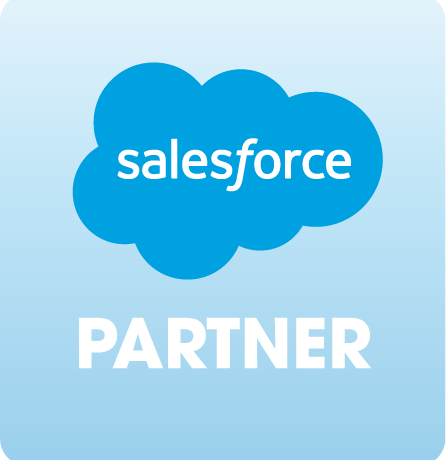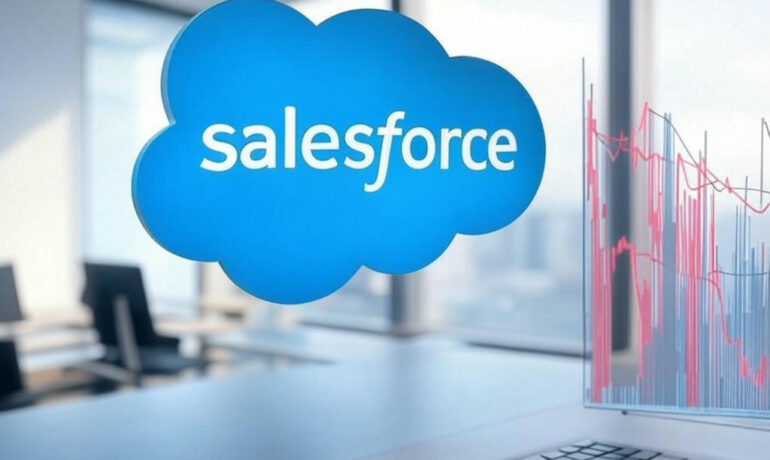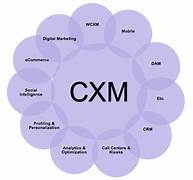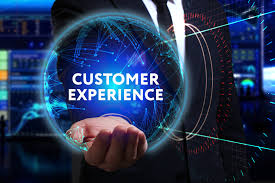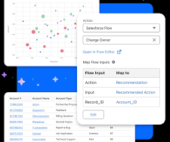CXM Revolution
The CXM Revolution: How Salesforce is Redefining Customer Relationships From Data Management to Experience Orchestration In today’s hyper-connected world, customers don’t just want transactions—they expect seamless, personalized journeys at every touchpoint. Salesforce has evolved beyond traditional CRM into a full Customer Experience Management (CXM) powerhouse, helping enterprises transform customer interactions into competitive advantages. CRM vs. CXM: The Critical Shift Traditional CRM Modern CXM Tracks contacts, deals, and cases Maps the entire customer journey Reactive support & sales Proactive, predictive engagement Siloed departments Unified, cross-functional collaboration Manual processes AI-driven automation & personalization Salesforce’s CXM suite now includes:✔ Marketing Cloud – Hyper-personalized omnichannel campaigns✔ Customer 360 – Single source of truth for all customer data✔ Einstein AI – Predictive insights & next-best actions✔ Experience Cloud – Branded portals & self-service hubs✔ Slack Integration – Real-time team collaboration 5 Steps to Unlock Salesforce’s CXM Power 1. Break Down Silos with Customer 360 ❌ Old Way: Disconnected sales, service, and marketing data.✅ CXM Approach: A unified customer profile that updates in real time across all teams.📌 Example: A retail brand merges online purchases, in-store visits, and support tickets into one view—enabling personalized loyalty rewards. 2. Predict Needs with AI (Before Customers Ask) ❌ Old Way: Waiting for customers to reach out with issues.✅ CXM Approach: Einstein AI flags: 3. Design Frictionless Journeys with Marketing Cloud ❌ Old Way: Generic email blasts to entire lists.✅ CXM Approach: Journey Builder triggers: 4. Empower Customers with Self-Service (Experience Cloud) ❌ Old Way: Long hold times for basic requests.✅ CXM Approach: AI-powered portals where customers can: 5. Close the Loop with Slack-First Collaboration ❌ Old Way: Teams working in disconnected systems.✅ CXM Approach: Slack channels that auto-alert: Why CXM is the Future (And Why You Can’t Afford to Wait) Companies leveraging Salesforce as a CXM platform report:📈 30% increase in customer lifetime value⏱️ 25% shorter sales cycles💡 40% improvement in first-contact resolution The Bottom Line Salesforce is no longer just a CRM—it’s an experience engine. Businesses that fail to adopt a CXM mindset risk:❌ Losing customers to competitors with better personalization❌ Higher operational costs from inefficient processes❌ Missed revenue from untapped AI-driven opportunities 🚀 The time to act is now. Whether you’re a Salesforce beginner or a seasoned user, CXM isn’t the future—it’s today’s competitive necessity. Ready to transform your customer experience? Let’s talk strategy. Like Related Posts Salesforce OEM AppExchange Expanding its reach beyond CRM, Salesforce.com has launched a new service called AppExchange OEM Edition, aimed at non-CRM service providers. Read more The Salesforce Story In Marc Benioff’s own words How did salesforce.com grow from a start up in a rented apartment into the world’s Read more Salesforce Jigsaw Salesforce.com, a prominent figure in cloud computing, has finalized a deal to acquire Jigsaw, a wiki-style business contact database, for Read more Service Cloud with AI-Driven Intelligence Salesforce Enhances Service Cloud with AI-Driven Intelligence Engine Data science and analytics are rapidly becoming standard features in enterprise applications, Read more

